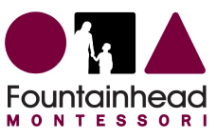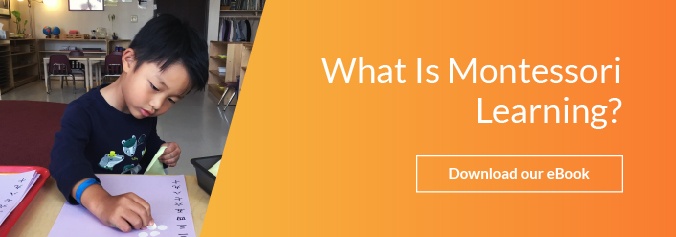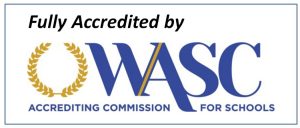While a Montessori education can be an incredible, hands-on, enjoyable way to learn about the world and understand certain principles, it may not always be right for every child, family, or situation. Understanding what Montessori philosophy has to offer your child and deciding if it is the best fit can help you decide what type of preschool to choose.
Benefits of a Montessori education
The beneficial aspects of a Montessori classroom can easily be seen after observing a classroom in action. But understanding why these Montessori principles help create a calming, pleasant atmosphere in the classroom may need a little explanation. Several benefits of a Montessori approach include:
- Child-centered and hands-on learning: Montessori education places the child at the center of the learning process, allowing them to choose activities and set their own pace, fostering a love for learning. The use of specialized Montessori materials provides concrete, hands-on learning experiences that help children understand abstract concepts.
- Individualized education: Montessori classrooms cater to each child's unique developmental needs and interests, promoting individualized instruction.Children are also given freedom to explore and make choices within a structured and safe environment, promoting autonomy while maintaining boundaries.
- Mixed-Age Classrooms: Montessori classrooms often have mixed-age groups, allowing younger children to learn from older peers and older children to reinforce their knowledge by teaching others. Montessori classrooms often emphasize peace education, conflict resolution, and empathy, promoting social harmony and respect for others.
- Respect for the Child: The Montessori approach respects each child's autonomy, choices, and pace of learning, fostering self-confidence and self-esteem. Montessori education focuses on the development of the whole child, including cognitive, social, emotional, and physical aspects.
Cons of a Montessori education
While many students and families love the benefits of a Montessori school, there are a few downsides, including:
- Limited Availability and cost of tuition: Montessori schools are not as widespread as traditional public or private schools, making them less accessible in some areas. Private Montessori schools can be expensive, making them financially out of reach for some families.
- Lack of standardization and gaps in academics: Montessori education lacks uniform standards, so the quality of programs can vary significantly from one school to another. Some critics argue that Montessori education may not emphasize traditional academic subjects as much as needed for standardized testing or transitioning to traditional schools.
While there may be some concerns, observing a Montessori classroom is the best way to answer any questions you have about whether or not a Montessori education is right for your child. If you are in Pleasant Hill, CA, give Fountainhead Montessori School a call today. We are happy to answer any questions or concerns you may have about enrolling your students in a Montessori program.












Let us know what you think about this post
Put your Comment Below: